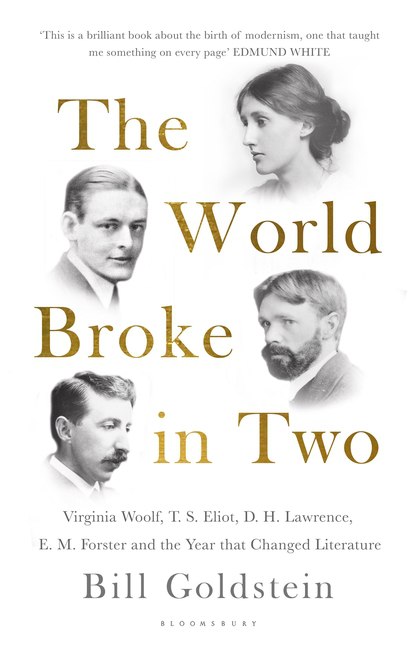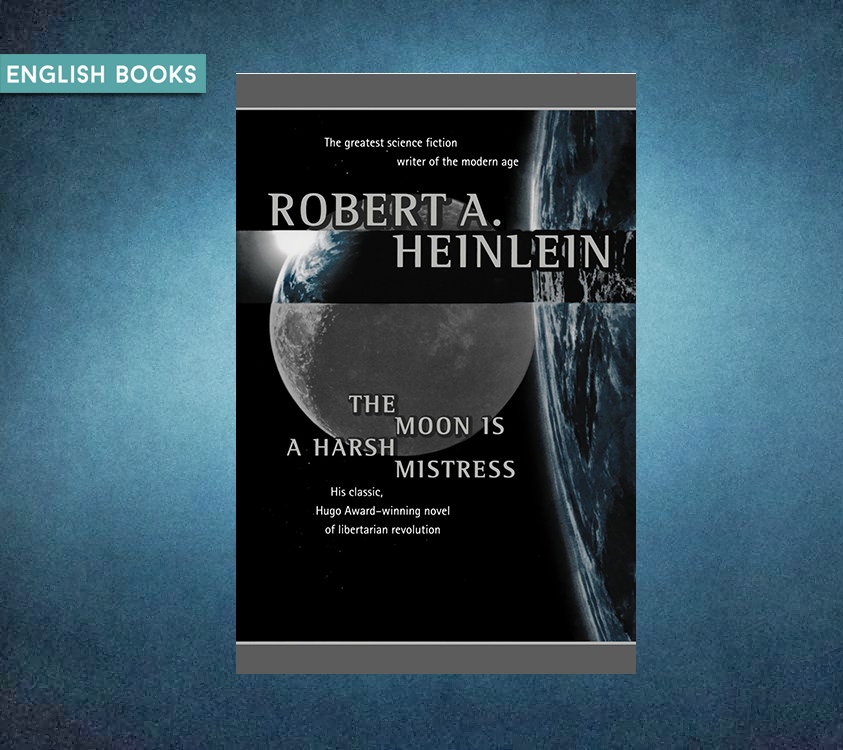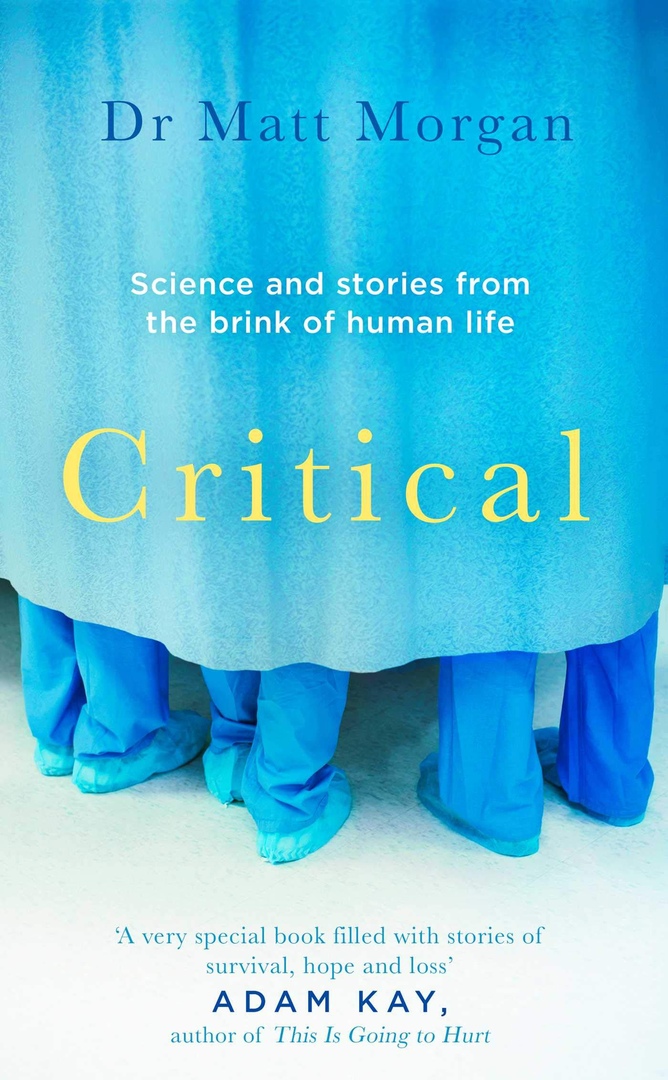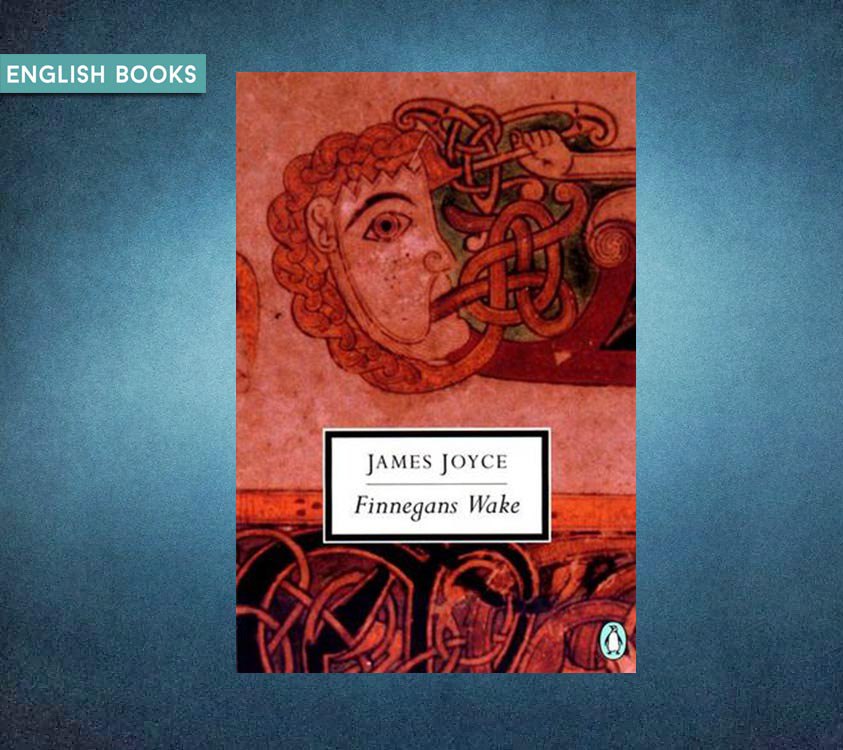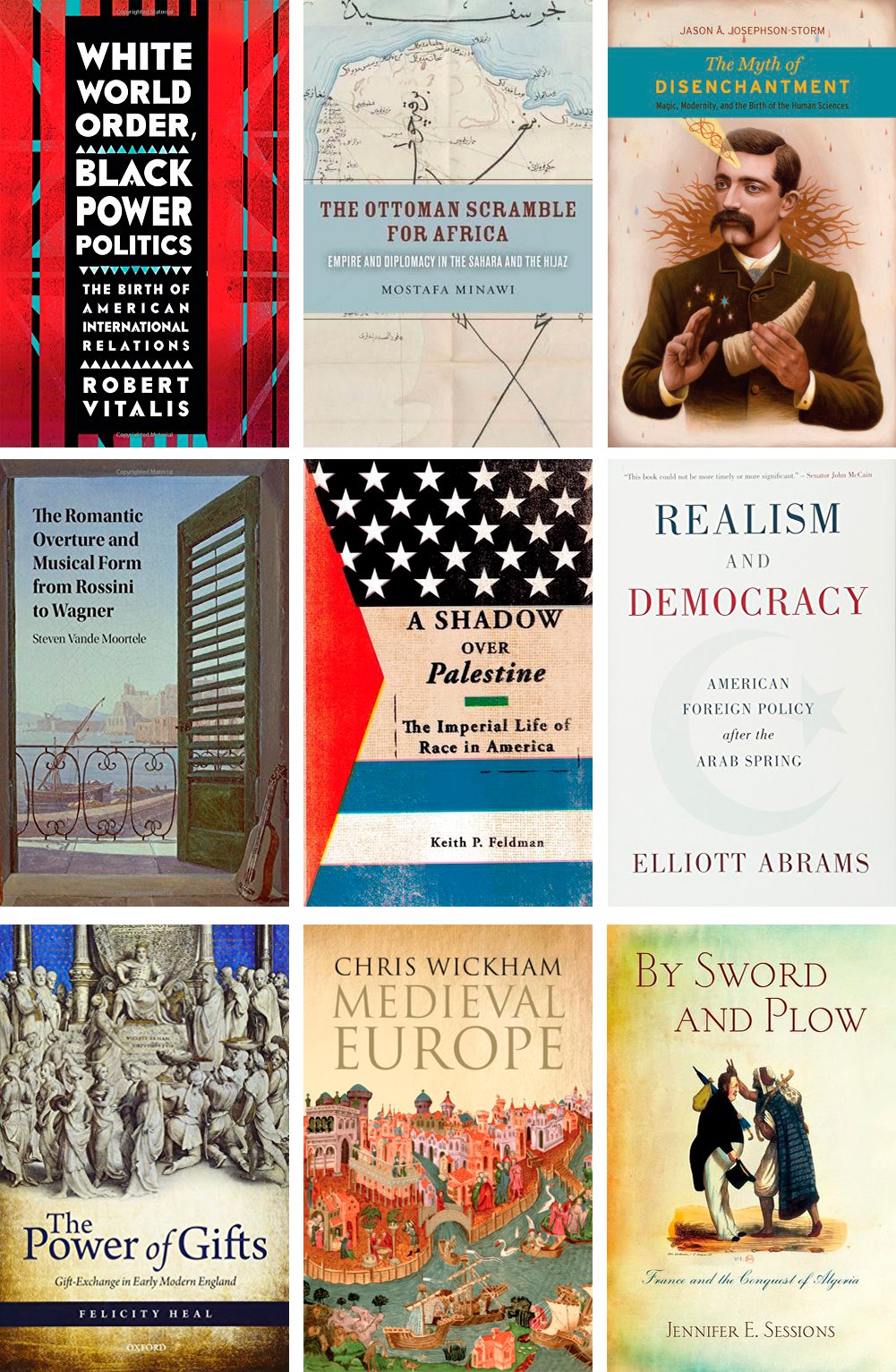A History of Nigeria – Toyin
1) A History of Nigeria – Toyin Falola, Matthew M. Heaton
Cambridge University Press | 2008 | PDF
Nigeria is Africa’s most populous country and the world’s eighth largest oil producer, but its success has been undermined in recent decades by ethnic and religious conflict, political instability, rampant official corruption and an ailing economy. Toyin Falola, a leading historian intimately acquainted with the region, and Matthew Heaton, who has worked extensively on African science and culture, combine their expertise to explain the context to Nigeria’s recent troubles through an exploration of its pre-colonial and colonial past, and its journey from independence to statehood. By examining key themes such as colonialism, religion, slavery, nationalism and the economy, the authors show how Nigeria’s history has been swayed by the vicissitudes of the world around it, and how Nigerians have adapted to meet these challenges. This book offers a unique portrayal of a resilient people living in a country with immense, but unrealized, potential.
2) Kenya: A History Since Independence – Charles Hornsby
I.B.Tauris | 2013 | PDF
Since independence in 1963, Kenya has survived nearly five decades as a functioning nation-state, with regular elections, its borders intact and without experiencing war or military rule. However, Kenya’s independence has always been circumscribed by its failure to transcend its colonial past; its governments have failed to achieve adequate living conditions for most of its citizens; and its politics have been fraught with controversy – illustrated most recently by the post-election protests and violence in 2007. The decisions of the early years of independence, and the acts of its leaders in the decades since – from Jomo Kenyatta, Tom Mboya and Oginga Odinga to Daniel arap Moi and Mwai Kibaki – have changed the country’s path in unpredictable ways. The political elite’s endless struggle for access to state resources has damaged Kenya’s economy and the political exploitation of ethnicity still threatens the country’s stability. In this definitive new history, Charles Hornsby demonstrates how independent Kenya’s politics have been dominated by a struggle to deliver security, impartiality, efficiency and growth, but how the legacies of the past have continued to undermine their achievement, making the long-term future of Kenya far from certain.
3) A History of Namibia: From the Beginning to 1990 – Marion Wallace
Oxford University Press | 2014 | PDF
In 1990 Namibia gained its independence after a decades-long struggle against South African rule–and, before that, against German colonialism. This book, the first new scholarly general history of Namibia in two decades, provides a fresh synthesis of these events, and of the much longer pre-colonial period. A History of Namibia opens with a chapter by John Kinahan covering the evidence of human activity in Namibia from the earliest times to the nineteenth century, and for the first time making a synthesis of current archaeological research widely available to non-specialists. In subsequent chapters, Marion Wallace weaves together the most up-to-date academic research (in English and German) on Namibian history, from the mid-eighteenth century to the present. She explores histories of migration, production and power in the pre-colonial period, the changes triggered by European expansion, and the dynamics of the period of formal colonialism. The coverage of German rule includes a full chapter on the genocide of 1904-8. Here, Wallace outlines the history and historiography of the wars fought in central and southern Namibia, and the subsequent mass imprisonment of defeated Africans in concentration camps. The final two chapters analyse the period of African nationalism, apartheid and war between 1946 and 1990. The book’s conclusion looks briefly at the development of Namibia in the two decades since independence. A History of Namibia provides an invaluable introduction and reference source to the past of a country that is often neglected, despite its significance in the history of the region and, indeed, for that of European colonialism and international relations. It makes accessible the latest research on the country, illuminates current controversies, puts forward new insights, and suggests future directions for research. The book’s extensive bibliography adds to its usefulness for scholar and general reader alike.
4) South Africa in World History – Iris Berger
Oxford University Press | 2009 | PDF
This volume begins in the early centuries of the Common Era with the various groups of people who had settled in southern Africa. Stone Age foragers, farmers with iron technology, and pastoralists all interacted to create a complex society before Europeans arrived. In the seventeenth century, Dutch settlers developed a colonial society based on the menial labor of indigenous inhabitants of the Cape and slaves imported from the East Indies and other parts of Africa.
British conquest in the early nineteenth century brought an end to slavery, as well as new forms of colonial domination, tension between the British and the original Dutch settlers, armed struggle between expanding European communities and Africans (including the highly militarized Zulu kingdom), and intensive missionary activity that transformed many African societies. The discovery of diamonds and gold in the late nineteenth century brought industrialization based on migrant labor, new clashes between British and Africaaners, the final conquest of African societies, and new European migrants. During the twentieth-century, despite further economic development, African communities were increasingly impoverished. New forms of racial domination lead to the implementation of apartheid in 1948 and heightened political organizing among both African and Africaaner nationalists. The intensification of resistance in the 1970s and ’80s coupled with drastic changes in the international balance of power brought an end to the apartheid state in 1994 and an intensified struggle to overcome apartheid’s economic and political legacy by building a new nonracial society.
The book emphasizes social and cultural history, focusing on people’s interactions and identities according to race, class, gender, religion and ethnicity. It also addresses changes in literature (both oral and written), music, and the arts and draws on the extensive biographical and autobiographical literature to provide a personal focus for the discussion of major themes. While this emphasis reflects dominant trends in historical scholarship for the past two decades, it also includes recent material on environmental history and relationships between African Americans and South Africans. Where relevant, it highlights comparisons between South African and U.S. history.
5) Short History of Modern Angola – David Birmingham
Oxford University Press | 2016 | PDF
This history by celebrated Africanist David Birmingham begins in 1820 with the Portuguese attempt to create a third, African, empire after the virtual loss of Asia and America. In the nineteenth century the most valuable resource extracted from Angola was agricultural labor, first as privately owned slaves and later as conscript workers. The colony was managed by a few marine officers, by several hundred white political convicts, and by a couple of thousand black Angolans who had adopted Portuguese language and culture. The hub was the harbor city of Luanda which grew in the twentieth century to be a dynamic metropolis of several million people. The export of labor was gradually replaced when an agrarian revolution enabled white Portuguese immigrants to drive black Angolan laborers to produce sugar cane, cotton, maize and above all coffee.
During the twentieth century Congo copper supplemented this wealth, by gem-quality diamonds, and by offshore oil. Although much of the countryside retained its dollar-a-day peasant economy, new wealth generated conflict which pitted white against black, north against south, coast against highland, American allies against Russian allies. The generation of warfare finally ended in 2002 when national reconstruction could begin on Portuguese colonial foundations.
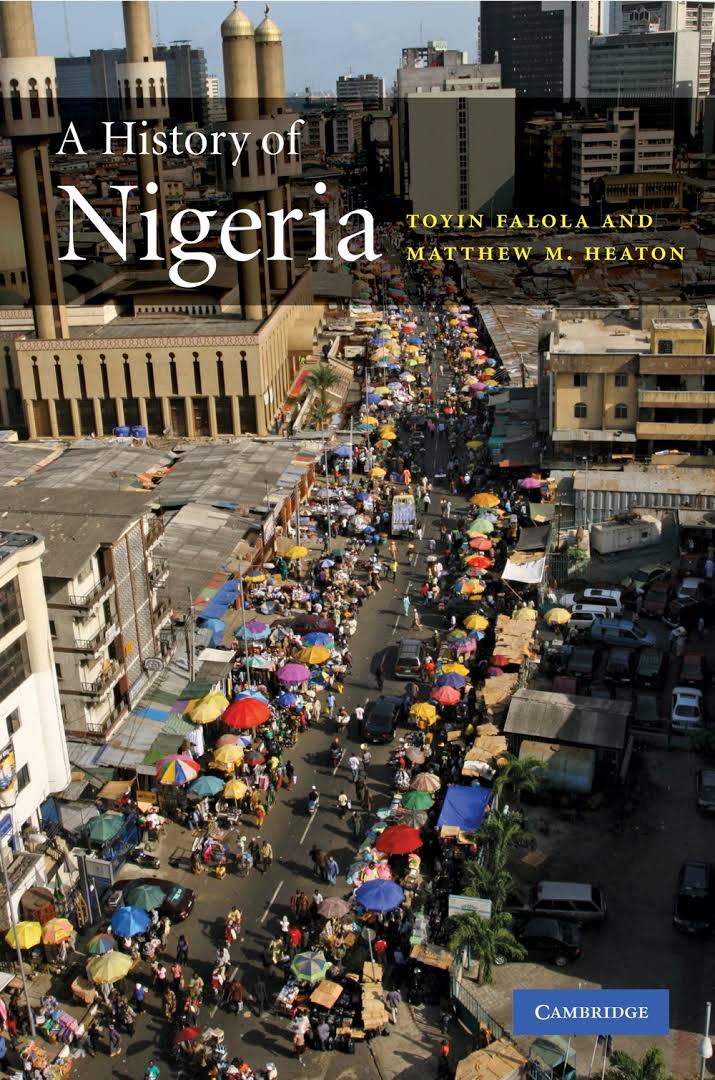 1 / 5
1 / 5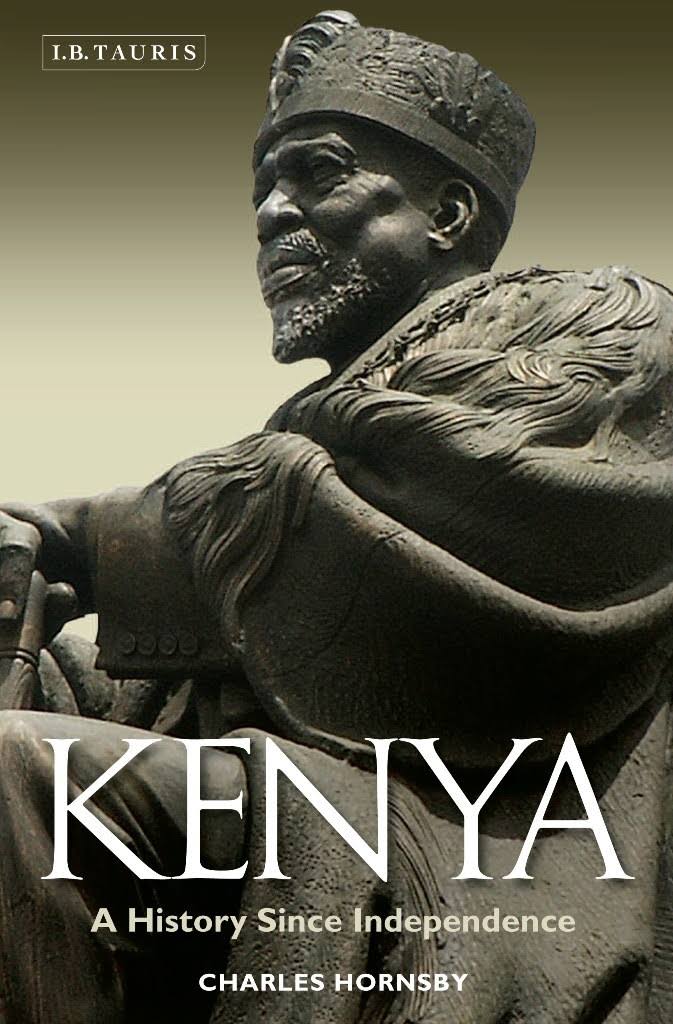 2 / 5
2 / 5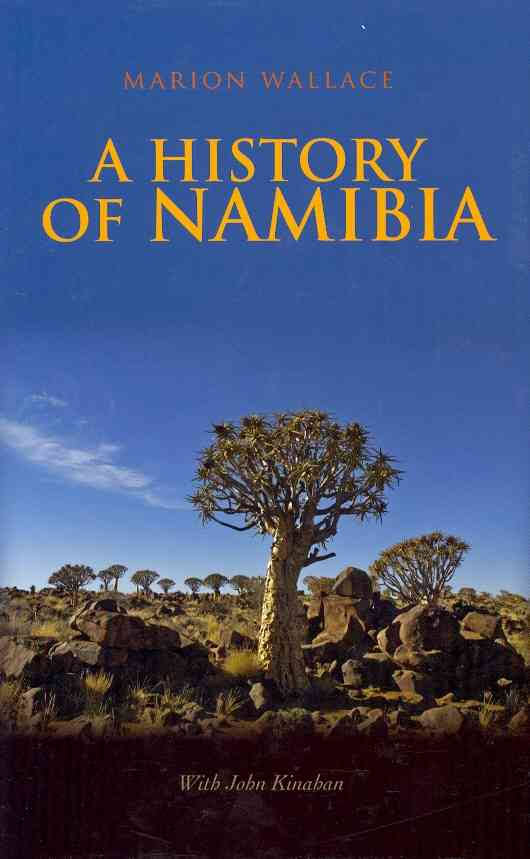 3 / 5
3 / 5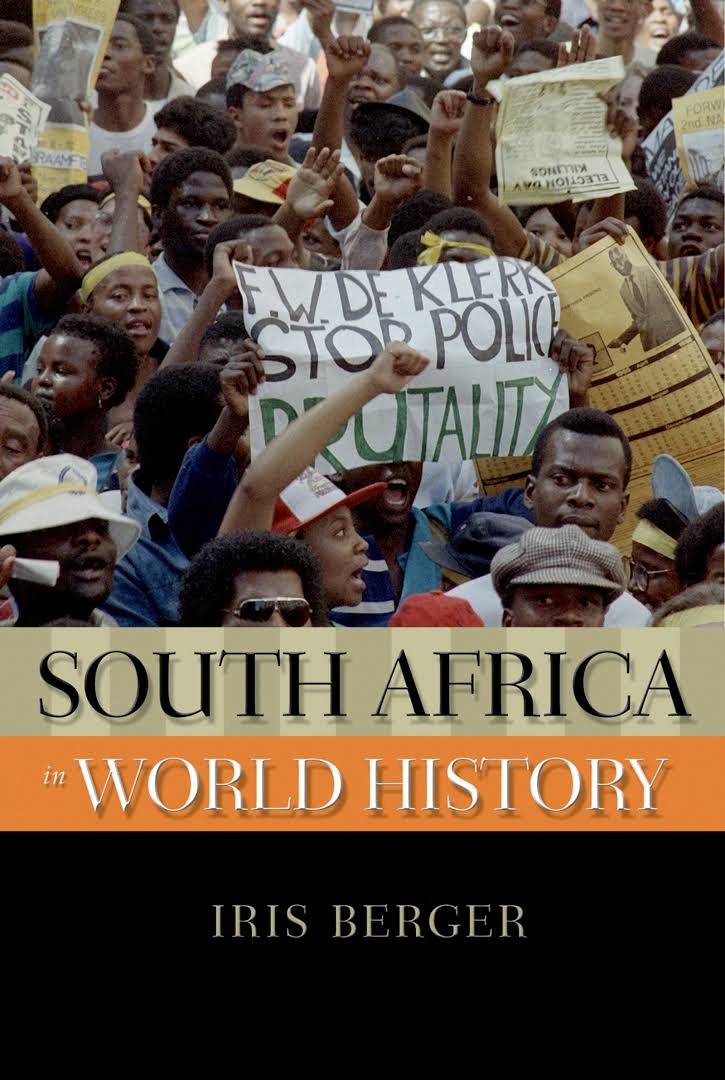 4 / 5
4 / 5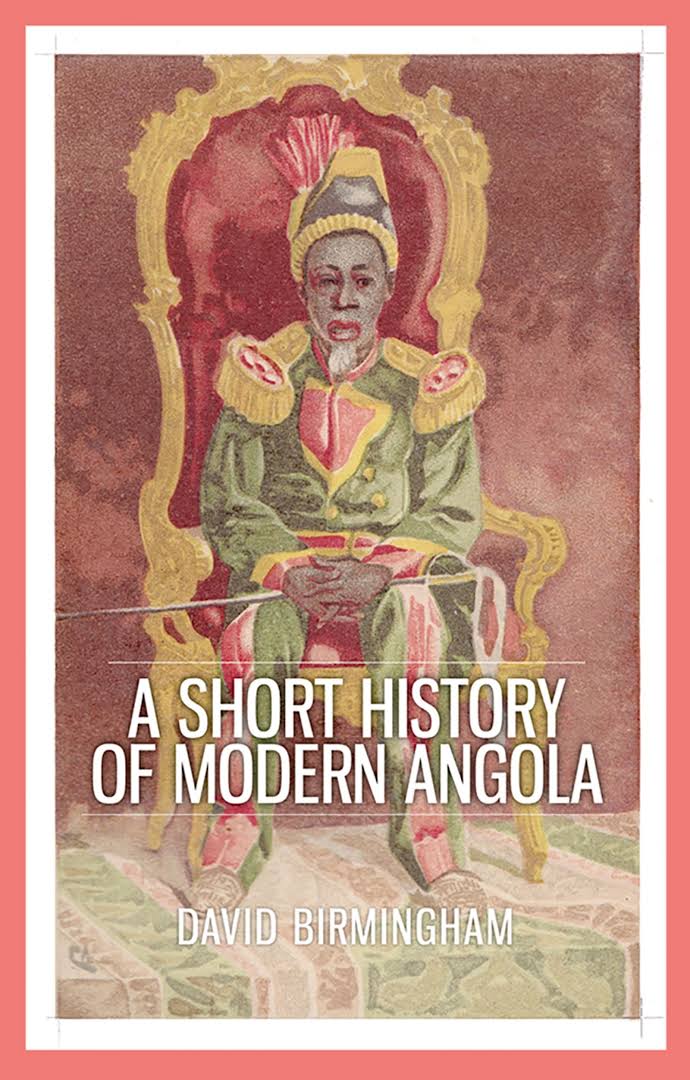 5 / 5
5 / 5